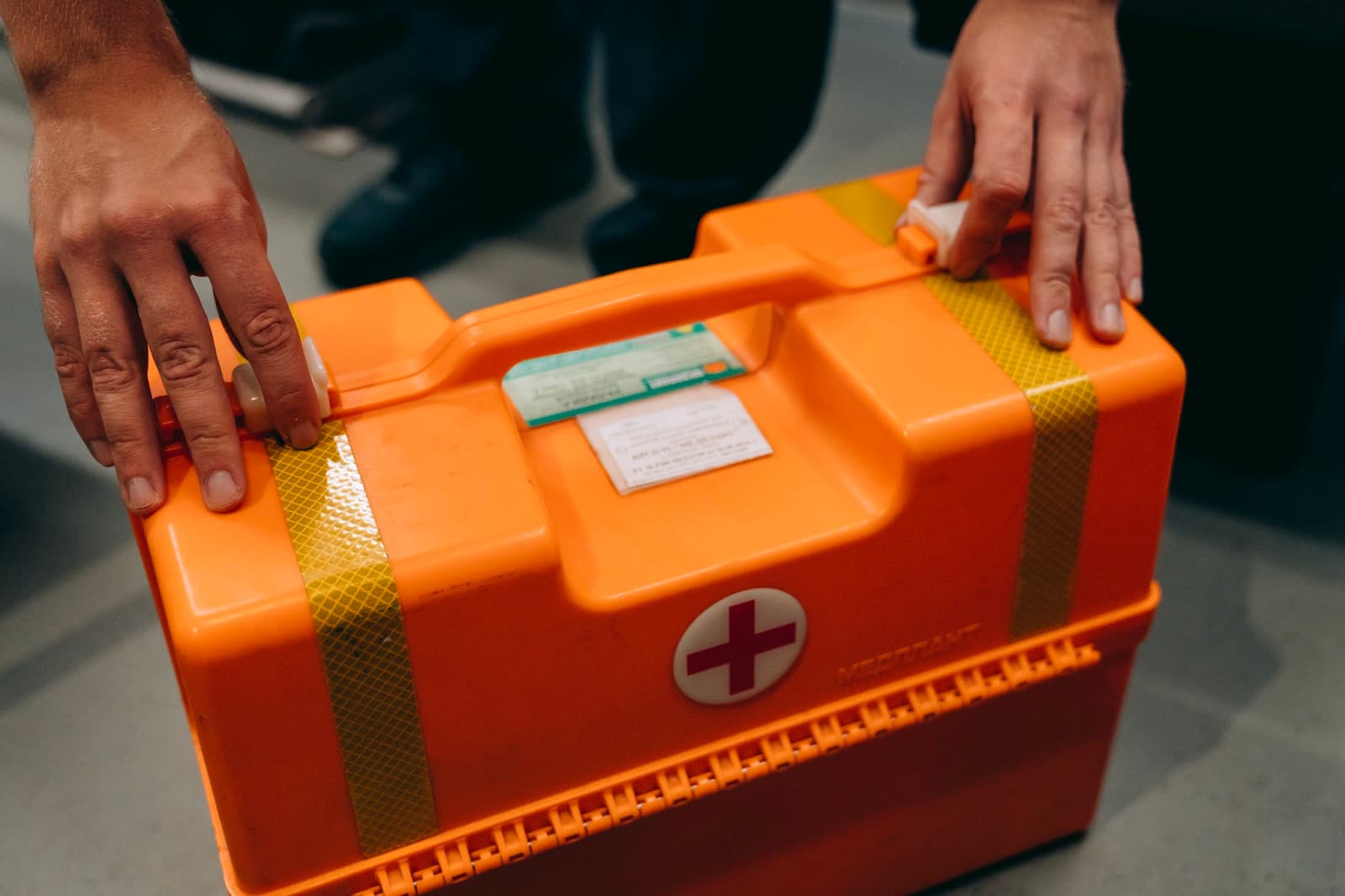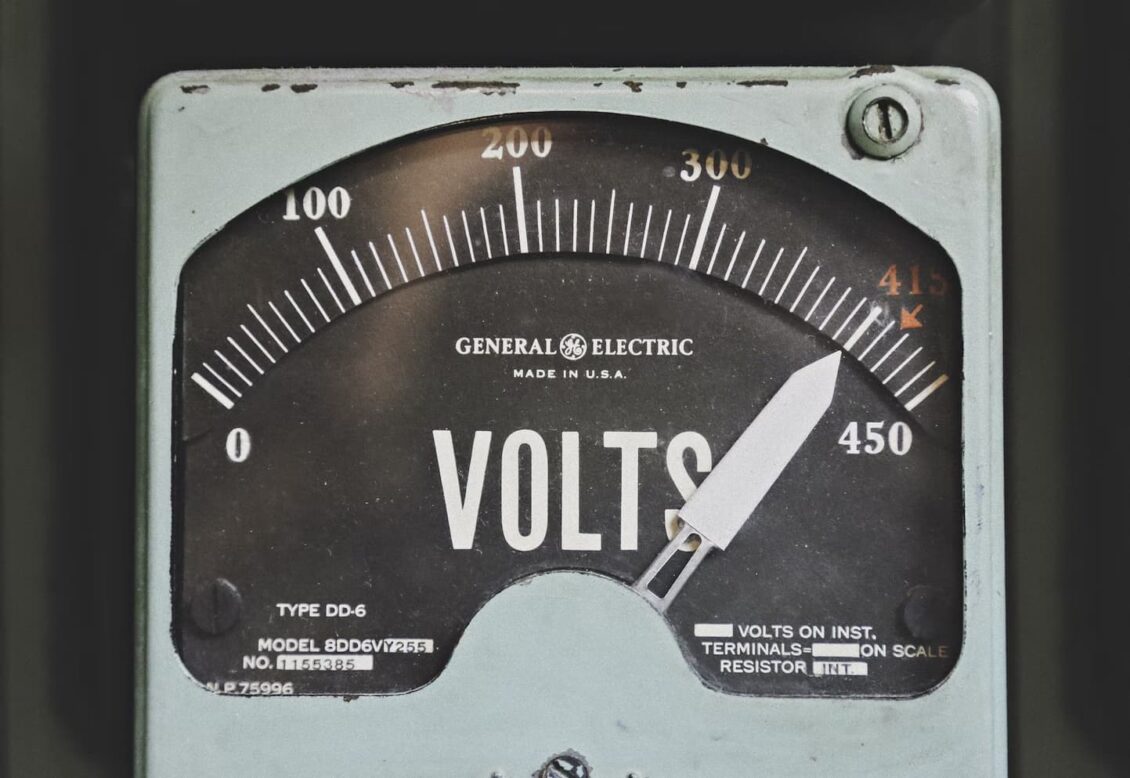
Electric shock from household devices that are in need of appliance repair can happen easily and without warning. It is therefore important to know what first aid treatment to administer in the event that you or someone you know receives an electric shock from an appliance. This blog post will outline the steps you should take if you find yourself in this situation.
What Is an Electric Shock?
An electric shock occurs when you come into contact with an electrical current. This can happen if you touch:
- power lines,
- lightning,
- electric machinery which comes into contact with water,
- exposed electrical wires.
If you come into contact with any of these things, you may receive an electric shock. Factors affect how serious an electric shock is, including:
- the strength of the voltage,
- the length of time you are in contact with it,
- your overall health.
What Are The Symptoms of an Electric Shock?
Electric shocks can be extremely dangerous and even life-threatening. Symptoms of an electric shock can range from mild to severe, and may include:
- numbness,
- tingling,
- loss of muscle control,
- problems breathing,
- heart arrhythmia,
- unconsciousness.
If you experience any of these symptoms after coming into contact with an electrical current, it is important to seek medical attention immediately.
As a professional technician from Plus Appliance Repair says, electric shocks can also cause compartment syndrome. This is a condition where the muscles and nerves in a particular area of the body are damaged due to a lack of blood flow. Compartment syndrome can lead to amputation, so it is important to seek medical attention as soon as possible if you think you may have it. To know more, visit https://plus-appliance-repair.com/appliance-repair-hamilton/.
What Should I Do If I Receive an Electric Shock From an Appliance?
If you come into contact with an electrical current, the first thing you should do is disconnect yourself from the source of the electricity.
This may mean letting go of the object you are holding or moving away from the power line or exposed wire. Once you are no longer in contact with the electricity, call for help.

What to Do If Someone Is Having an Electric Shock
If someone you know has been injured by an electric shock, it is important to seek medical attention immediately. Electric shocks can cause serious injuries, so it is vital that the person receives treatment as soon as possible.
What can you do by yourself until the help come?
- Try to disconnect the person from the electrical current if it is safe to do so.
- Call 911 or your local emergency services number.
- If the person who has received the electric shock is unconscious, do not attempt to move them. Wait for medical help to arrive.
- If the person is conscious, check their airway and breathing. If they are not breathing, start first aid for electric shock.
First aid for electric shock includes:
- Loosen any tight clothing around the person’s neck, waist, or chest.
- Elevate the person’s feet above their head to reduce swelling.
- Apply a cold compress to any burns.
- Monitor the person’s vital signs and keep them calm until medical help arrives.
- Do not let the person move around as this could increase the risk of further injury.
Once medical help has arrived, follow their instructions. They will likely want to transport the person to the hospital for further treatment.
Do Electric Shocks Have Any Long-term Effects?
Electric shocks can cause serious injuries and even death. Also, electric shocks can cause a variety of long-term effects, depending on the severity of the shock. These effects can include:
- memory loss,
- learning difficulties,
- personality changes,
- post-traumatic stress disorder (PTSD),
- depression,
- anxiety,
- chronic pain.
If you think you or someone else may have received an electric shock from an appliance, call for help right away and follow the instructions provided by the medical professionals.
Conclusion
Electric shocks from appliances are more common than you might think. And while most shocks are not life-threatening, it is still important to know what first aid treatment to administer in case you or someone you know ever finds themselves in this situation.
By following the steps outlined in this blog post, you can ensure that everyone receives the care they need after an electric shock from an appliance.